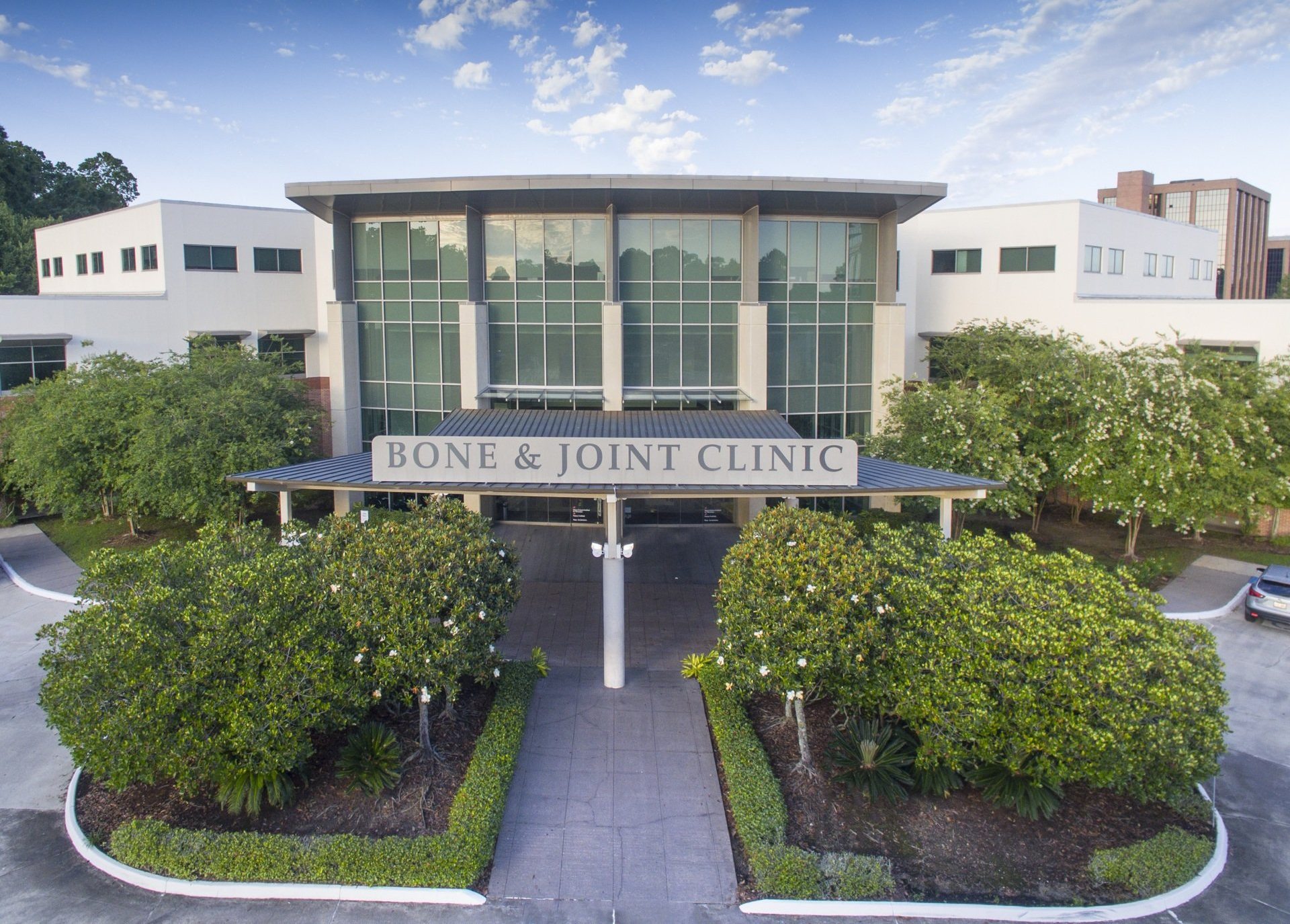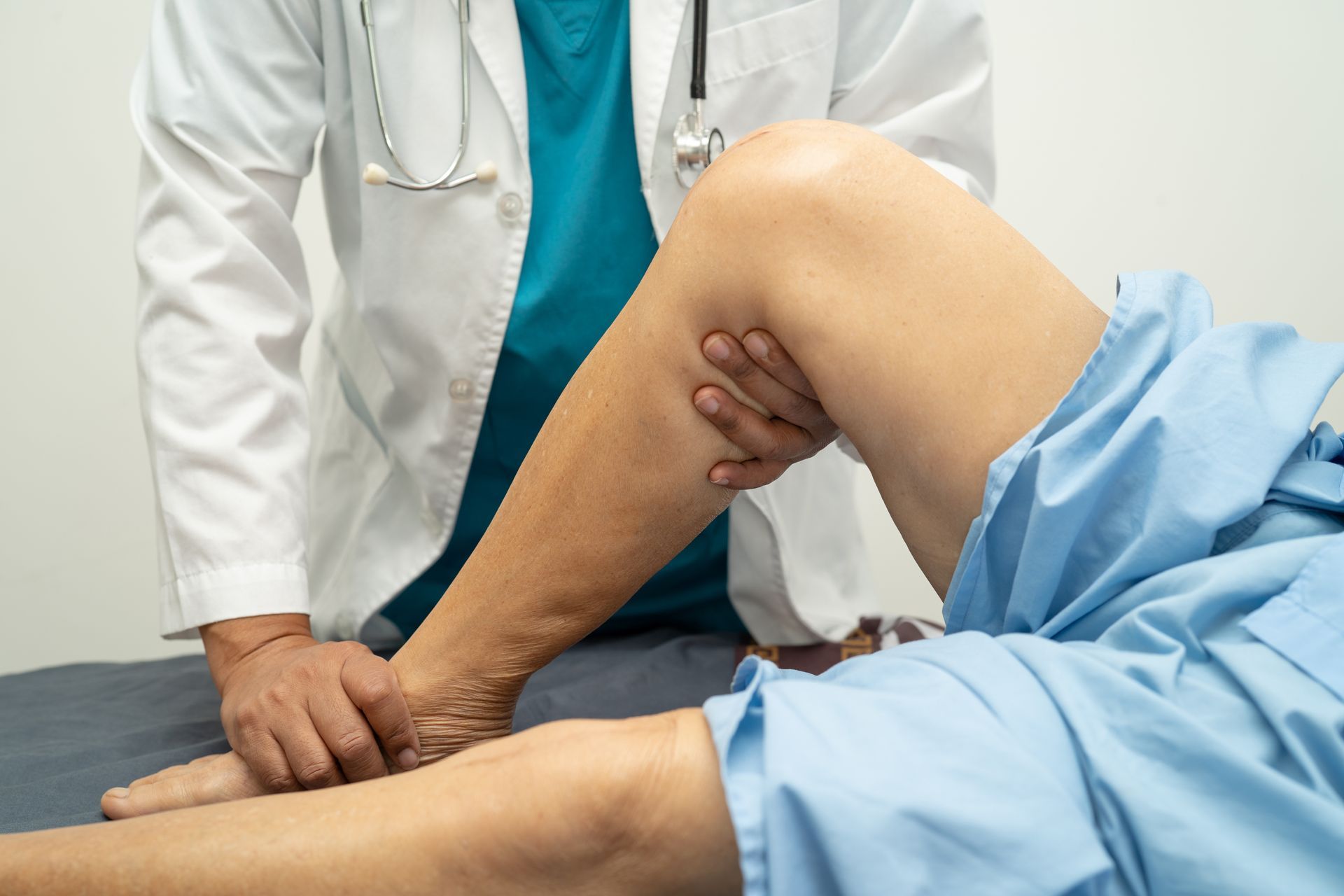Did you know that what you eat could be the key to relieving your foot pain? While plantar fasciitis affects millions annually, causing sharp, debilitating heel pain, many overlook one simple but powerful remedy—your diet. What you eat can significantly influence inflammation levels throughout the body, and since plantar fasciitis is driven by inflammation, dietary choices can play a vital role in either aggravating or alleviating symptoms.
When the plantar fascia—a thick band of tissue that runs from the heel to the toes along the bottom of your foot—becomes inflamed, it causes a sharp, stabbing pain in the heel, especially in the morning or after long periods of standing or sitting. The pain associated with this condition can make it difficult to walk, stand, or engage in physical activities.
Download Now: Common Foot and Ankle Conditions Patient Kit
What is the Link Between Diet and Inflammation in the Body?
Inflammation is the body's natural defense mechanism, triggered by the immune system in response to injury, infection, or harmful stimuli. It is a vital process that helps the body heal by sending white blood cells to affected areas to fight off invaders and repair damage. However, while short-term or acute inflammation is beneficial in aiding recovery, chronic inflammation occurs when the immune system remains overactive for extended periods. This persistent, low-grade inflammation can contribute to a wide range of health problems. In the case of plantar fasciitis, chronic inflammation occurs in the plantar fascia, the thick band of tissue that runs along the bottom of the foot. The continued irritation and inflammation of this tissue can lead to severe pain and difficulty with daily activities.
Are there Foods I should Avoid if I have Plantar Fasciitis?
Certain foods can trigger or exacerbate inflammation in the body, making the symptoms of plantar fasciitis worse by increasing the inflammatory response. Consuming these foods regularly can lead to chronic, low-grade inflammation, which can make it harder for the plantar fascia to heal and may worsen the condition over time.
Here are some common foods that can increase inflammation and worsen the symptoms of plantar fasciitis:
- Processed Foods: Highly processed and fast foods are often loaded with unhealthy trans fats and refined oils, which can increase LDL while lowering HDL, leading to systemic inflammation.
- Refined Carbohydrates and Sugars: Foods that are high in refined carbohydrates and added sugars, such as white bread, pastries, candy, soda, and other sugary beverages, can spike blood sugar levels, leading to a pro-inflammatory response.
- Red and Processed Meats: These types of meat, such as bacon and sausages, are associated with increased inflammation due to their high levels of saturated fats, preservatives, and other chemicals that elevate inflammatory markers in the body.
Incorporating Anti-Inflammatory Foods to Reduce Plantar Fasciitis Pain
Foods containing anti-inflammatory properties may assist in reducing the body's overall inflammatory load. These foods not only benefit general health but may also alleviate the symptoms of conditions like plantar fasciitis.
Here are some foods you should incorporate into your diet to help decrease inflammation and pain associated with plantar fasciitis:
- Fruits such as berries and cherries are packed with antioxidants like anthocyanins. These fruits reduce inflammation and may decrease pain in your foot.
- Leafy greens, like spinach and kale are rich in vitamin K and other anti-inflammatory compounds that assist in healing and reducing pain.
- Olive oil, avocados, and nuts are sources of monounsaturated and polyunsaturated fats, that offer anti-inflammatory benefits to support overall health and help alleviate symptoms.
- Fish, in particular salmon, mackerel, and sardines, is rich in omega-3 fatty acids that suppress inflammatory eicosanoids and cytokines, helping to soothe inflamed tissues.
You can integrate these foods into your meals by adding berries to your breakfast, including fatty fish in your meals twice a week, and snacking on nuts or avocados. Consistent consumption can significantly impact inflammation and symptoms.
While diet alone cannot cure plantar fasciitis, it can play a significant role in supporting overall treatment efforts. By avoiding foods that trigger inflammation and embracing a nutrient-rich, anti-inflammatory diet, individuals can take an active step in managing their symptoms and promoting long-term foot health.
If you are experiencing
pain associated with plantar fasciitis and conservative measures have not provided relief, reach out to one of Bone and Joint Clinic's highly skilled
orthopedic specialists today for an evaluation. They can explore various treatment methods and tailor a plan to address your specific needs.


7301 Hennessy Blvd.
Suite 200
Baton Rouge, LA 70808
tel: (225) 766-0050
fax: (225) 766-1499
Bone & Joint Clinic of Baton Rouge, Inc. complies with applicable Federal civil rights laws and does not discriminate on the basis of race, color, national origin, age, disability or sex.
Click to view our notice.
Bone & Joint Clinic of Baton Rouge | All Rights Reserved.


